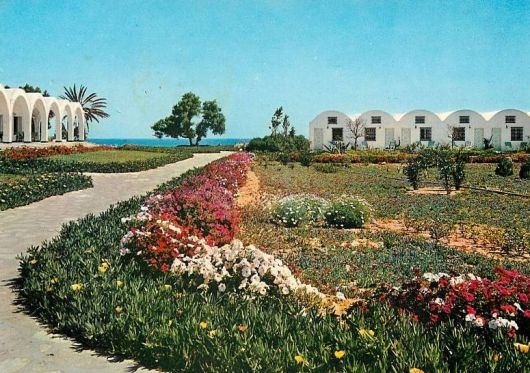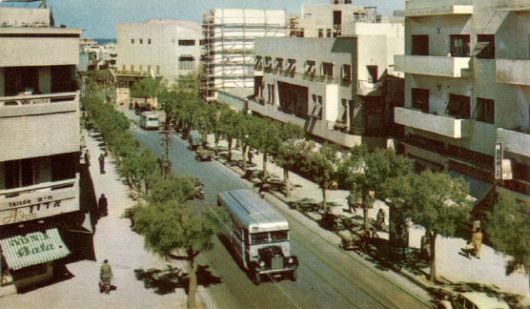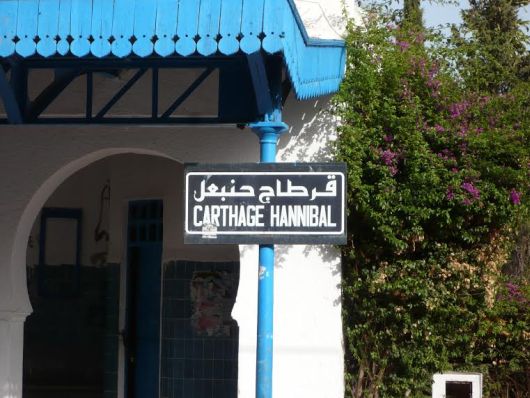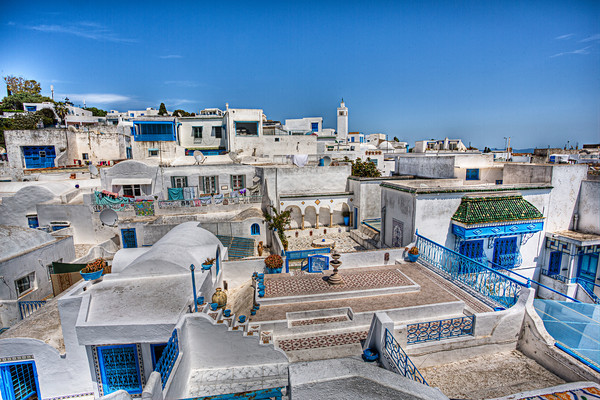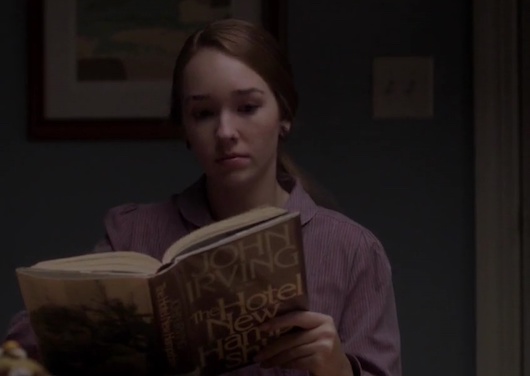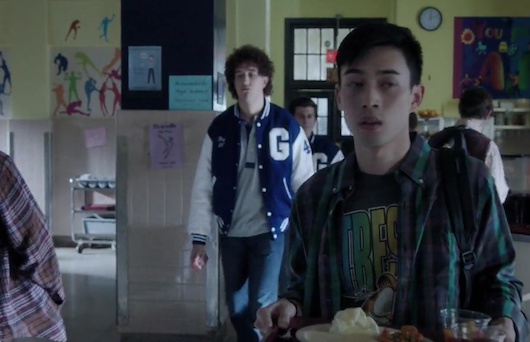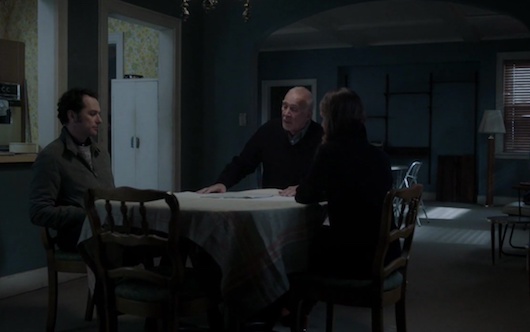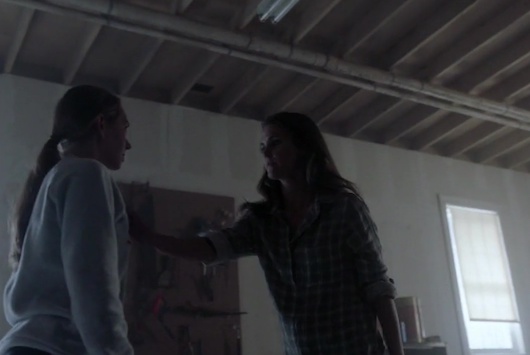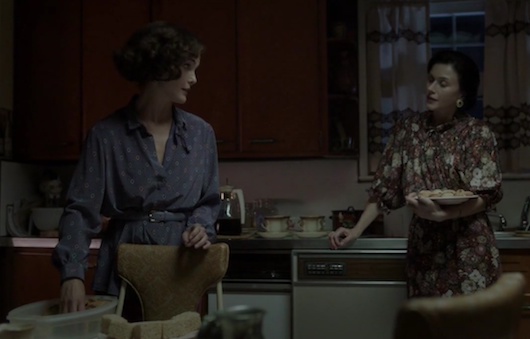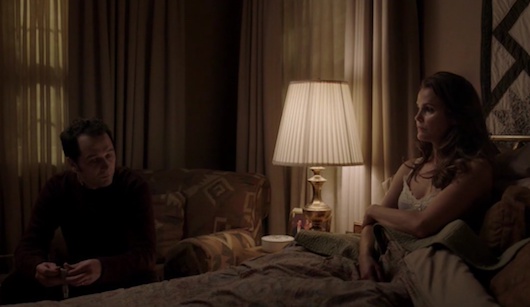 THE WORLD
THE WORLD In Which We Are Not New To This Part Of The World
 Monday, December 11, 2017 at 9:37AM
Monday, December 11, 2017 at 9:37AM 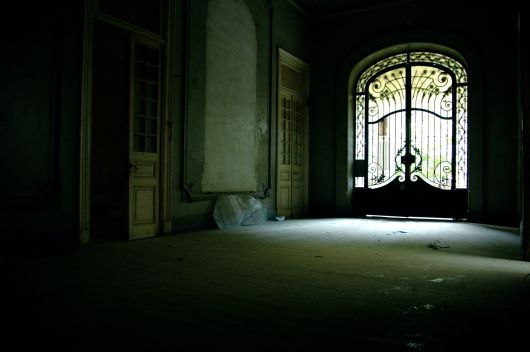 by jeff blackPros and Cons of Cairo
by jeff blackPros and Cons of Cairo
by HEATHER MCROBIE
PRO: The elevators, I’ve always thought, are like how H.G. Wells imagined time machines. So rickety, so brassy, buttons like old saxophones and levers like The Future. The way the past imagined the future. I know logically it’s because I don’t live in Cairo. When I lived in Amman the elevator just signified nuisance, especially after that time it broke down, 3:30 p.m. in late summer, in an air-conditionless purgatory and my useless fists hitting at the door. It felt like a sign of my uselessness in those years, that I’d be using my energy punching things while obsolete engineering suspended me between two actual places.
Cairo elevators, as a novelty, are the opposite of purgatory — you are in the past and future together, up and down all at once and with such handsome structure for the journey. When the doors close the stutter noise is so elegant, like the machinery is speaking a second language it learned at a school where uniforms were compulsory. You get in and your companion is a neighbour still smoking indoors or someone coming to fix something else inside the building or just your daydreaming. If the elevator is going up, your daydreaming is that you are Charlie in the Chocolate Factory, except instead of chocolate you are being given the gift of an evening. If the elevator is going down, your daydreaming is that you are plunging, like Jacques Cousteau, in a complicated apparatus whose confines are a small price to pay for the endless expanse it buys you, to explore — a sea, a city. In this Jacques Cousteau daydream Cairo is a coral reef wide as the side of Australia, street corners covered in star-fish. Elevators are the second-best thing made out of iron in this city. The first best thing is bed-frames.
CON: In a taxi, this is not in any of the many views I respect The Way To The Airport.
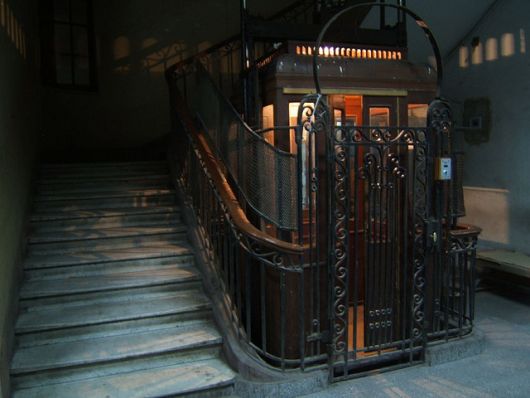
PRO: The stray cats have never forgotten that they were once worshipped. Like many people on the periphery of my life, I get the tingling sense that they are biding their time — that they know their turn will come again. They have never gotten into the elevator with me, the way they did with my friend. Instead they get me just outside the door, tail-up and too-clever and insistent. When I lived in another Middle Eastern city, the rule I had with my housemate was that a cat had to follow me all the way home — cross the threshold like a bride — and then I’d be allowed to keep it.
Here both I and the cats are too proud to make the necessary moves, and instead share lunch and afternoons as I take cigarette breaks too often between my solitary report-writing. But since I do not have a companion or rule-making housemate here, I indulge them in my afternoon-daydream literary allusions. I talk about Colette’s cats, and T.S Eliot’s. And the other Eliot. My favourite George Eliot novel is the unshowy, graceful Daniel Deronda, a wrought iron elevator of a novel if ever there was one. But even in her maturity Eliot gives in to the literary clemency that cats inspire. The house cat in Daniel Deronda, the opulently-named Hafiz, offsets the handsomeness of the human characters, a single pure indulgence. In breaks from my work I talk to the creatures on the doorstep about which works of contemporary literature would have been improved by the presence of cats. The unanimous verdict we reach is ‘all of them’.
CON: In a taxi, I think of all the people who may have opinions on the act — perhaps doctors or bureaucrats.
PRO: Some of my friends here laugh and others roll their eyes when I tell them that I have come up with the name the ‘Ikhwan Ice-cream Van’. It is the truck that goes round in the run-up to the December constitutional referendum, telling the neighbourhood during the lull of the afternoon that “the people demand the implementation of shari’a”. This is a reworking of the Tahrir Square cry that “the people demand the overthrow of the regime”. Like a bad 2012 remix. The ‘Ikhwan Ice-cream Van’ truck drives up and down the streets with its loudspeakers and its lack of tact. The neighbourhood replies with children running around in groups of five or six, the voices of soap operas tentacling out of windows, and the dissenting mewling of the cats. I love this neighbourhood; it is the first time I have stayed here. It is also the first time I have been here since the revolution. I love it even when, living-alone and lost in my thoughts, I hear things in the night that make me hold the edges of anything I can touch. I should probably state here that the Muslim Brotherhood did not — as far as I am aware and according to my sources — hand out any ice-cream to Egyptian citizens in the run-up to the December constitutional referendum.
CON: In a taxi, I curse — of all things — my fingernails.
PRO: My landlady lives in the same apartment building, some floors directly above. With the complications since Morsi’s decree in November and the referendum in December, prices of things have warped, the economy buckled like scrap metal. As it gets colder, the price of staying warm goes up. I know this from the newspapers and from friends but still my landlady tells me I need to stay warm, she has a spare electric heater. From high up in her apartment, she lowers it down to me in a basket, making a pulley system which we also later use for me to send paperwork up to her. The basket dangles past my window. The basket makes me think idly about Moses. This makes me think idly about scrolls. I unwrap the packaging of the sweets I’ve bought like they’re sacred. I lie back into the blank-page of the iron-framed bed. In text and in reality, it is one of the best afternoons the world has given me. I dream that everything I have to write will be sent to me from baskets, from stone tablets, or via elevators. Delivered to my door as certain as a cat.
CON: In a taxi, I make prayers I don’t believe and no-one else believes and even if they did believe they would say it was too late anyway.
PRO: I met you at the church at just the time you said — the traffic mushed all over the bridge couldn’t keep me. Evening was falling in great chunks like stubborn shop-front shutters: a section of sky, and then another, and then another, dimmed itself in turn. Cafés are opening now like oysters or like flowers or like scrolls. Café after café unfolds. The streets are thick with people and also some roadblocks and also some cats. I tell you about my research and all the things I didn’t write properly. I tell you about all the places I haven’t seen or should have seen more properly. In general my way of looking is — all there is still to do, to be done. This is early-evening thinking. You look like early evening too, lashes falling. You look like Moses baskets falling from the sky, the way your eyebrows shoot up when you are explaining something. You wave your hands around like palm trees. You laugh like copper or brass. We go into one café where I take photos and you laugh at me. We go to another one where I’m really feeling all these things so then you don’t laugh at me. When we walk back out and into the thick of the street the church makes a noise like pearls or the sea or something and I don’t want to leave. I explain to you about coral reefs and cats and Costeau diving-suits and the Moses baskets and all the everything-all-at-once that I love. At least, I try to explain things.
CON: In a taxi, weighed against all of that, is the inconvenience of bodies.
Heather McRobie is the senior contributor to This Recording. You can find an archive of her writing on This Recording here.































